Practices
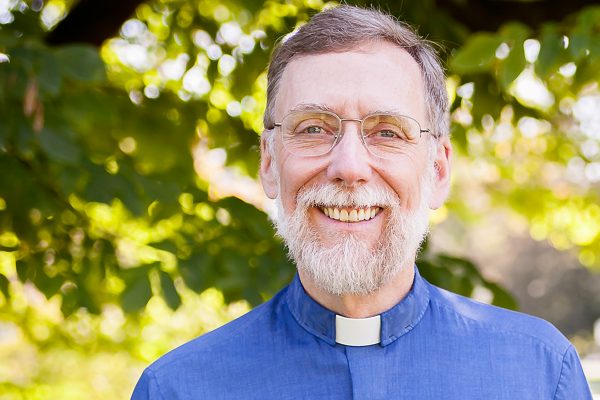
One Thursday morning late in August, I joined the preschool staff and a number of other St. Paul staff members for training in CPR (cardio-pulmonary resuscitation) and pediatric first aid. I first learned CPR and first aid as a Boy Scout a few decades ago. Around me were teachers who have been at the preschool for a dozen years and more, as well as a firefighter and others who have been certified and re-certified many times.
What were we all doing there? Most simply, we were preparing for another year in the preschool and around St. Paul’s wide-ranging programs, when the thousands of people who are our community are with us for shorter or longer periods of time, during which any manner of emergency may develop. More importantly, we were acknowledging that theory and “book knowledge” only go so far, and that practice, repetition, experience, direct engagement, and body memory are crucial parts of learning.
Some of us had to be reminded that it’s 30 compressions (cardio) followed by 2 breaths (pulmonary). But nearly all of us had to work with the mannequins to get the feel for an adequate chest compression (2-3/8 inches). We also had to have our coach counting off to realize how quickly those 2 breaths get pushed into the lungs before continuing with compressions. With that physical experience in our body’s memory, we are much more prepared for an emergency (God forbid!) than just knowing the numbers and the theory.
I was struck by the similarity of that practical lesson to our life of faith. The practices of prayer, scripture reading, church attendance, the “mutual conversation and consolation of the community” (which Martin Luther considered a kind of third sacrament), keeping a sabbath time, devotional reflection, spiritual discernment in daily life – all of these are the compressions and breaths that keep our faith life vibrant. We thrive best when we practice them regularly, so that they are even better than “second nature,” they simply become a part of who we are.
That’s where the analogy with CPR breaks down. I was relieved to know that I would typically be required to keep up CPR only for several minutes in an emergency at the church, until paramedics would arrive. But there are no paramedics for our faith life – it’s our relationship with God and no one can live it for us. As much as popular culture might call pastors the “doctors of the soul,” they are more like the coaches at our CPR training than they are like the paramedics who take over for us. And faith is not just for emergencies – it’s a day to day pattern of life, just like being in a family and eating healthy and nurturing a love and brushing our teeth.
The analogy may not be perfect, but the reminder was helpful – just knowing about CPR doesn’t make me the person you want when you are having a heart attack, and just knowing about faith life doesn’t carry me as far in dealing with the challenges in our world as practicing the life of faith on a daily basis.

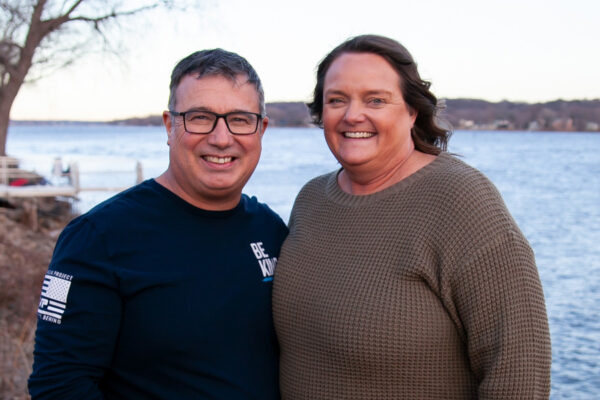
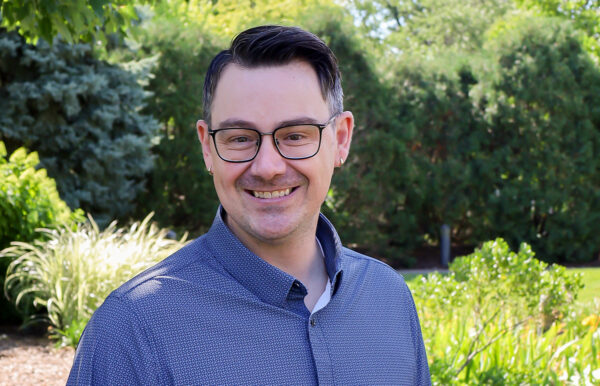
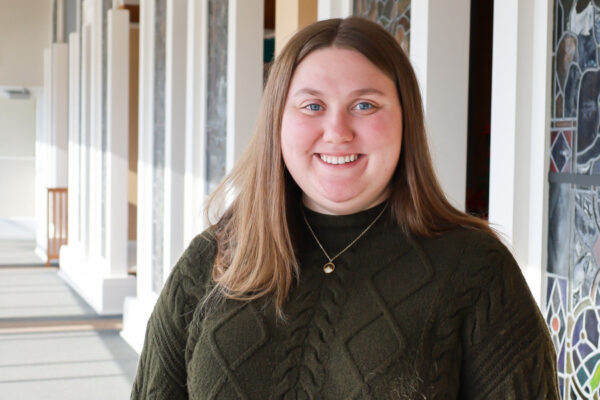
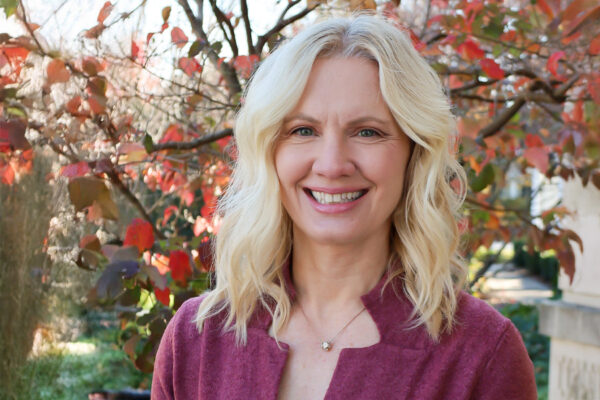
Anke Maass
Great analogy
Beth Johnson
Amen!